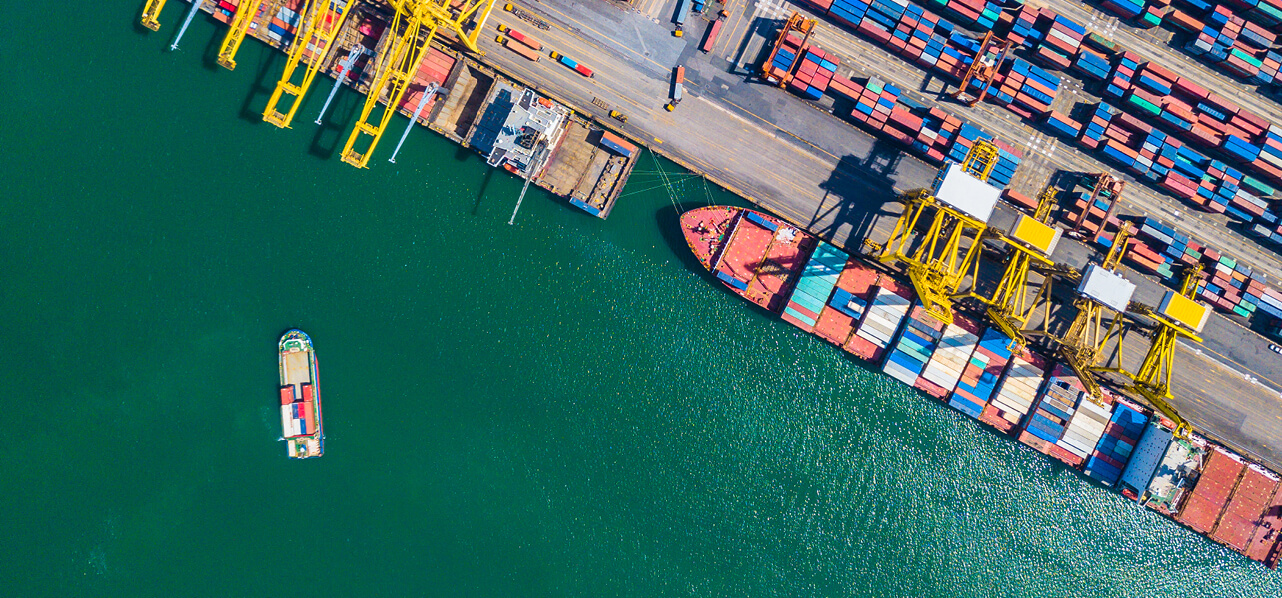The decision in Verein KlimaSeniorinnen Schweiz and Others v. Switzerland has set a precedent requiring Convention states to assess the effectiveness of their legislative regimes to protect individuals who are most vulnerable to the effects of climate change. Whilst this is a finding against states, they are likely to seek to comply with their own obligations under international law by introducing new domestic laws and regulations affecting businesses at home.
So what is this likely to mean for oil and gas companies?
The oil and gas industry around the world has already experienced a number of challenges brought by advocacy organisations under domestic law and regulation designed to reduce GHG emissions, but also using existing more generic legal procedures and overarching duties to push a specific climate change related agenda. These cases generally fall into three categories:








